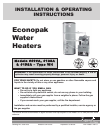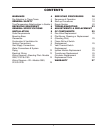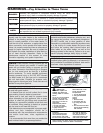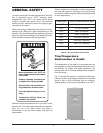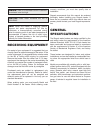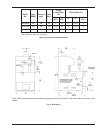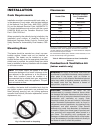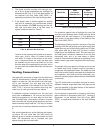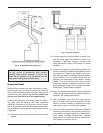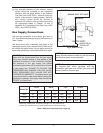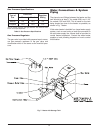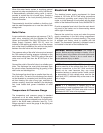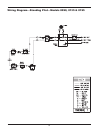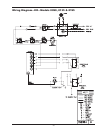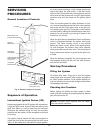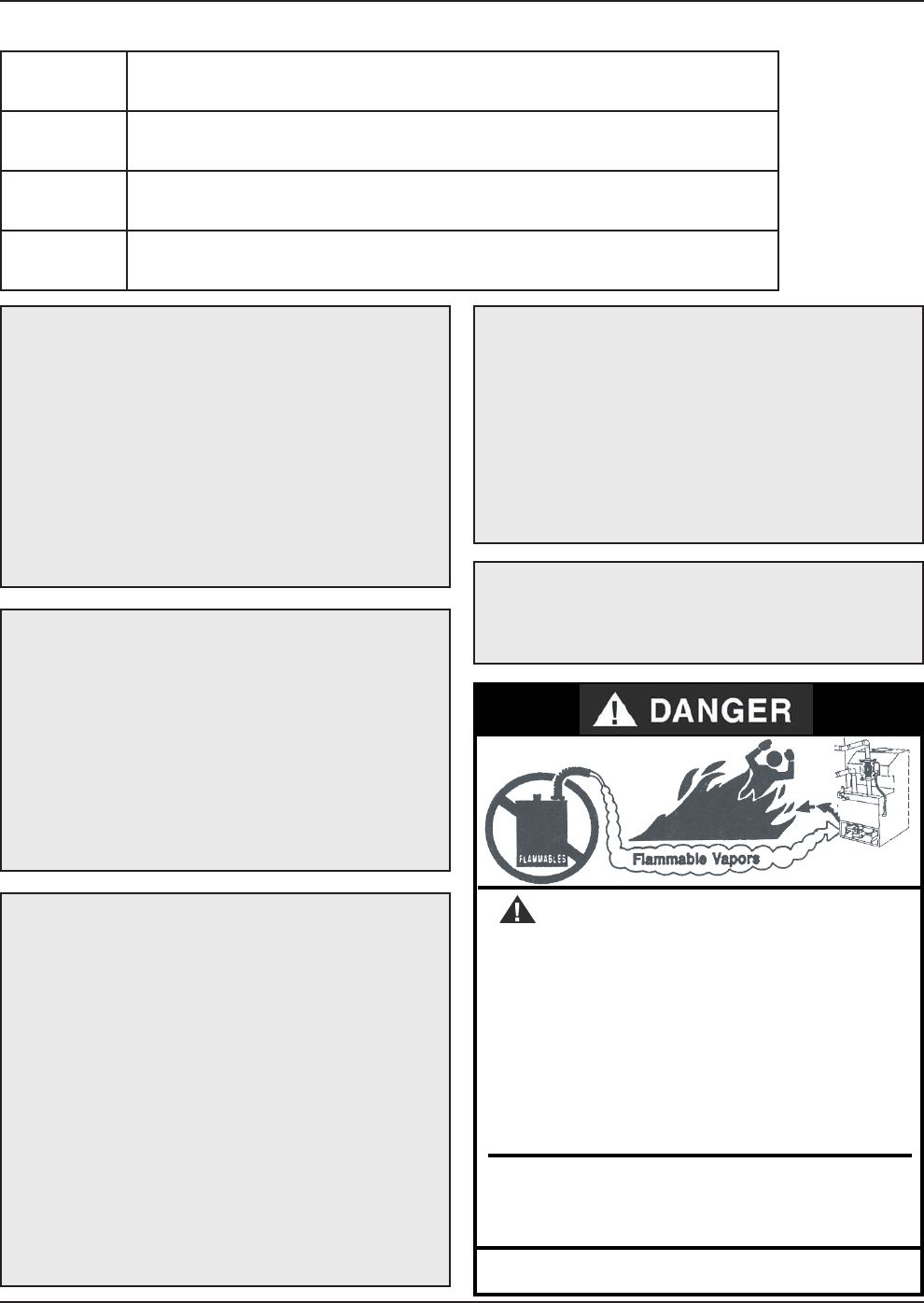
4
DANGER:
Indicates the presence of immediate hazards which will cause severe
personal injury, death or substantial property damage if ignored.
WARNING:
Indicates the presence of hazards or unsafe practices which could cause
severe personal injury, death or substantial property damage if ignored.
CAUTION:
Indicates the presence of hazards or unsafe practices which could cause
minor personal injury or product or property damage if ignored.
NOTE:
Indicates special instructions on installation, operation, or maintenance which
are important but not related to personal injury hazards.
WARNINGS—Pay Attention to These Terms
WARNING: Gasoline, as well as other flammable
materials and liquids (adhesives, solvents, etc.), and
the vapors they produce, are extremely dangerous.
DO NOT handle, use or store gasoline or other
flammable or combustible materials anywhere near
or in the vicinity of a water heater. Be sure to read
and follow the warning label pictured below and
other labels on the water heater, as well as the
warnings printed in this manual. Failure to do so can
result in property damage, bodily injury, or death.
Vapors from
flammable liquids will
explode and catch fire
causing death or severe
burns.
Do not use or store flammable
products such as gasoline
solvents or adhesives in the
same room or area near the
water heater.
Keep flammable products:
1. far away from heater,
2. in approved containers,
3. tightly closed and
4. out of childrenʼs reach.
Water heater has a main
burner and pilot flame.
The pilot flame:
1. is on all the time and
2. will ignite flammable
vapors.
Vapors:
1. cannot be seen,
2. are heavier than air,
3. go a long way on the
floor,
4. can be carried from other
room to the pilot flame by
their currents.
Installation:
Do not install water heater
where flammable products
will be stored or used unless
the main burner and pilot flames
are at least 18" above the
floor. This will reduce, but
not eliminate, the risk of
vapors being ignited by the
main burner or pilot flame.
Read and follow water heater warnings and instructions. If owners
manual is missing, contact the retailer or manufacturer.
DANGER: Failure to install the draft hood and
properly vent the water heater to the outdoors as
outlined in the Venting section of this manual can
result in unsafe operation of the water heater. To
avoid the risk of fire, explosion, or asphyxiation from
carbon monoxide, never operate this water heater
unless it is properly vented and has an adequate air
supply for proper operation. Be sure to inspect the
vent system for proper installation at initial start-up;
and at least annually thereafter. Refer to the
Maintenance section of this manual for more
information regarding vent system inspections.
DANGER: Water heaters utilizing propane gas are
different from natural gas models. A natural gas
heater will not function safely on propane gas and
vice versa. Conversion from Natural gas to propane
gas (or vice versa) must be done by a qualified
service technician. To avoid possible equipment
damage, personal injury or fire: DO NOT connect
this water heater to a fuel type not in accordance
with unit data plate. Propane for propane units,
Natural gas for natural gas units. These units are not
certified for any other type fuel.
DANGER: PROPANE MODELS: Propane gas must
be used with great caution.
• It is heavier than air and will collect first in lower
areas making it hard to detect at nose level.
• Make sure to look and smell for propane leaks
before attempting to light appliance. Use a soapy
solution to check all gas fittings and connections.
Bubbling at a connection indicates a leak that must
be corrected. When smelling to detect an propane
leak, be sure to sniff near the floor too.
• Gas detectors are recommended in propane appli-
cations and their installation should be in
accordance with the manufacturer's recommenda-
tions and/or local laws, rules, regulations or
customs.
• It is recommended that more than one method be
used to detect leaks in propane applications.
WARNING: Propane appliances should not be
installed below-grade (for example, in a basement) if
such installation is prohibited by federal, state and/or
local laws, rules, regulations or customs.



